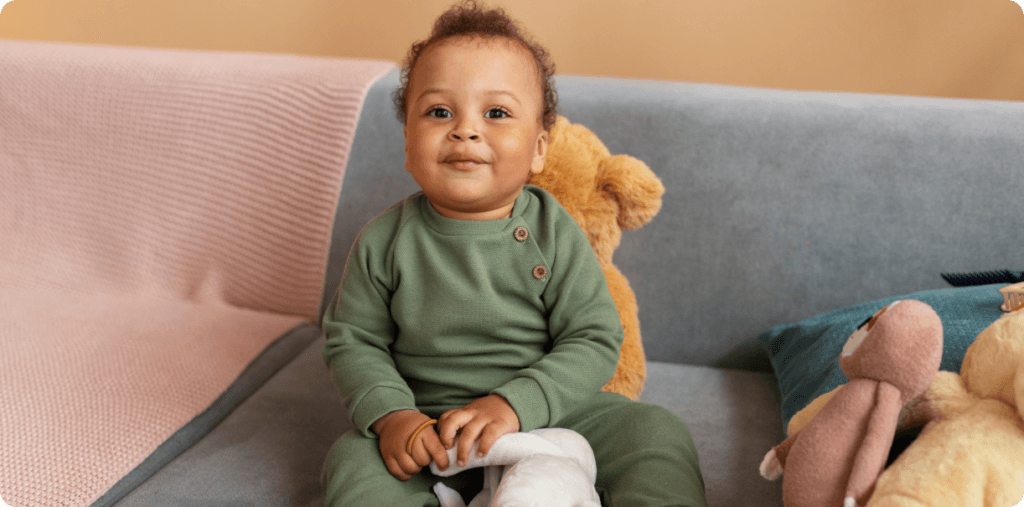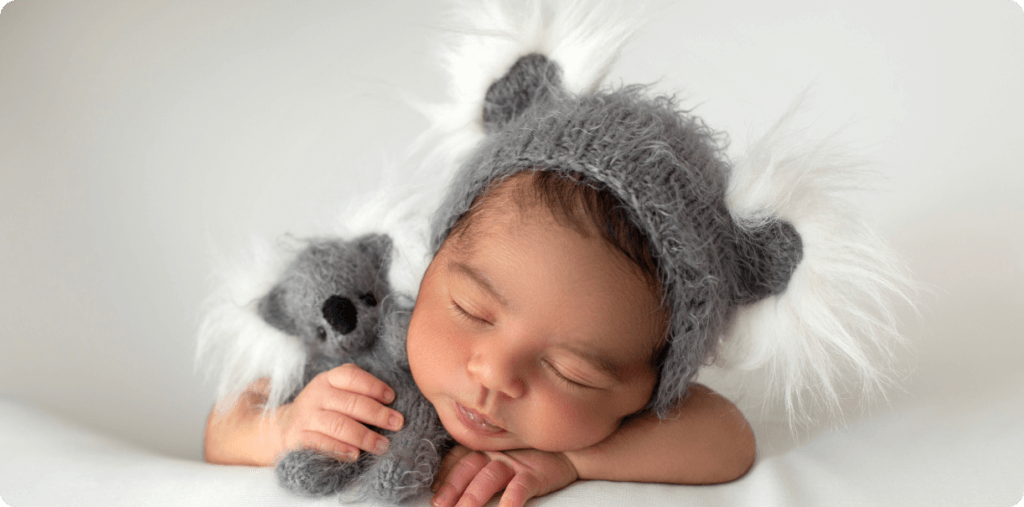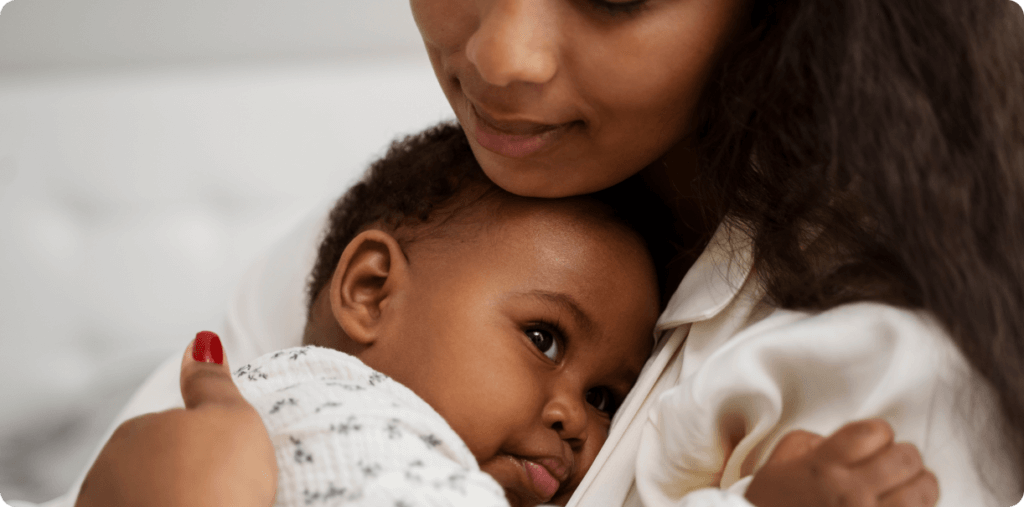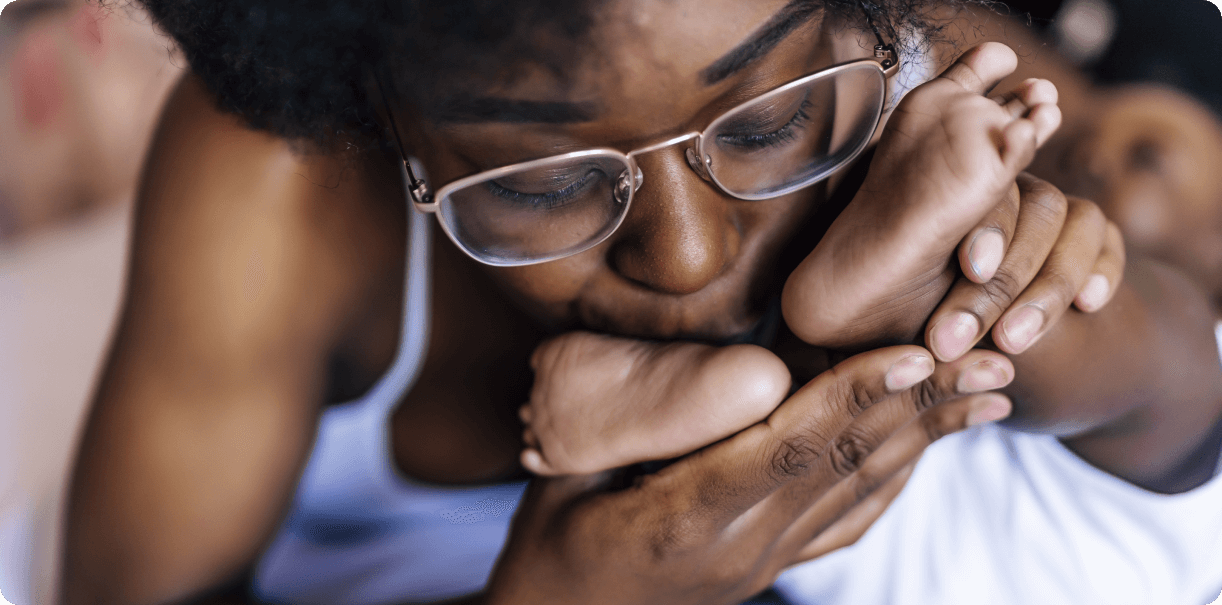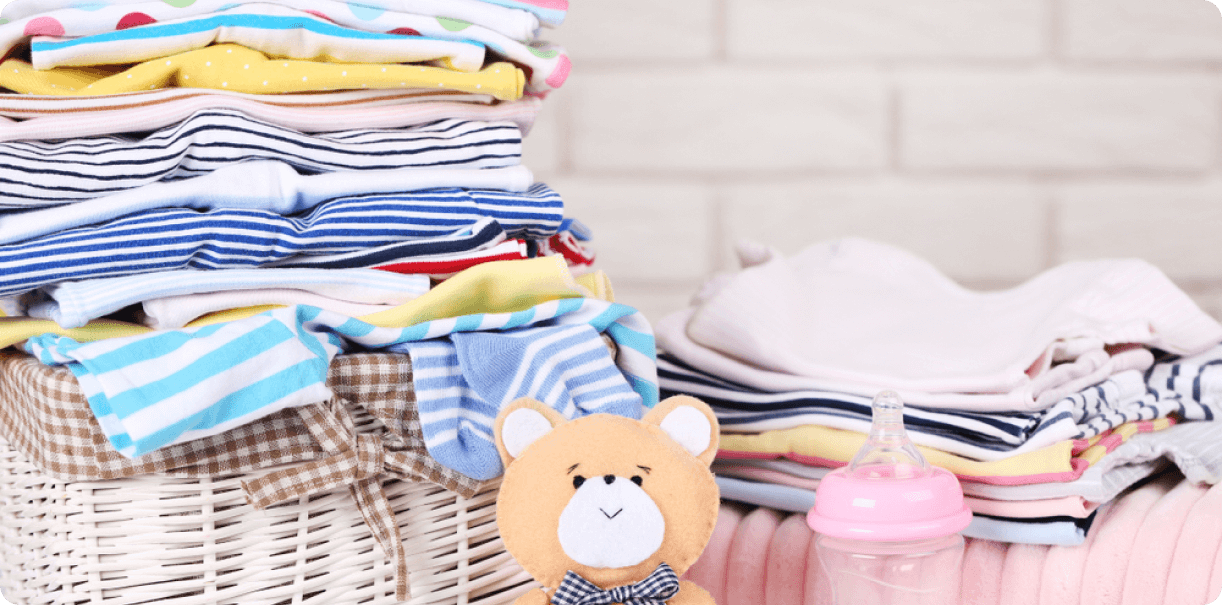
Baby clothes are almost always on the baby checklist even when preparing for the baby’s arrival. With a wide variety of clothes available in the market, it is often hard to choose a few. A few basic clothes care guidelines will help you to ensure that these clothes remain soft and wearable even after a wash.
Babies have fragile and sensitive skin that can react adversely on contact with chemical residues in the clothes or when the material used in clothing is rough on the skin. Skin irritations may be painful for the baby and a cause of worry for the parent.
Depending on the season and the climate of the region you are in, the type of clothes you will buy for the baby will differ. While soft, breathable cotton is ideal for little babies, you may want to dress the baby in layers depending on the temperature. Take care to avoid rough laces, sequins and other embellishments that may hurt your baby’s delicate skin. These items are also likely to come loose after repeated washing and the baby may put them in his / her mouth.
As with adult clothes, baby clothes need to be sorted into coloured clothes and whites. Baby clothes, especially newborn clothes, are much smaller in size. By placing baby socks, mittens and other small items in a mesh bag before washing in the washing machine can keep them from going missing after the wash.
New baby clothes must necessarily be washed before the baby wears them. Any chemical residues from production or dust and germs from the shop can be removed only by giving the clothes a good wash in warm water.
Baby clothes are prone to stains and food smells. In case the baby drops food onto his / her clothes, it is best to wipe them clean with a wet wipe or to rinse it under water immediately. This will help make the actual cleaning easier without repeated washes. It is also advisable to soak baby clothing in warm water for some time before washing. The warm water helps to remove stains better and to destroy any germs present on the clothes.
Cloth nappies should be washed in hot water, separately from other infant clothes. Nappies have a lot of germs and bacteria and the hot water helps to get rid of them. By washing the nappies separately, you can prevent the germs in dirty nappies from being transferred to other clothes.
Based on the number of clothes the baby owns, create a laundry schedule so that the clothes get washed regularly and you do not run out of clothes at any point in time.
While many parents think that the best way to wash baby clothes is by washing them by hand, it is perfectly alright to wash baby clothes on a gentle cycle in the washing machine. If you have done a preliminary cleanup of stains and presoaked the clothes in warm water, washing the clothes becomes much easier, even in the washing machine.
If hand washing the clothes, it is important to use a good laundry detergent powder for clothes that is gentle on the baby’s delicate and sensitive skin. PIGEON Laundry Detergent Powder has antibacterial properties and destroys up to 99.99% of bacteria. The fluorescent- and phosphate-free laundry detergent is tough on stains and smells but is gentle on baby clothes. It is safe for babies and can also be used as a laundry detergent for newborn clothes.
If the baby clothes are being washed in the washing machine, a concentrated antibacterial liquid detergent for infant clothes will be more effective. When washing on a gentle cycle in the washing machine, there are chances that detergent powder may leave flakes that go unwashed and may then cause irritation to the baby’s skin when the clothes are worn after washing. PIGEON Liquid Laundry Detergent is gentle and alcohol-free and is very easy to rinse off. The washing liquid contains plant extracts that care for the textile fibers while working as a tough stain remover for clothes.
It is advisable to not use bleach or fabric softeners on baby clothes as they can contain chemicals that may irritate/harm the baby’s skin.
Air-drying the washed clothes in sunlight is the best way to dry all clothes, including baby clothes as it helps to remove any leftover germs and keep the clothes soft and help them to last longer. The washed and dried clothes can then be stored in a clean cotton bag or can be wrapped in soft cotton sheets to keep the clothes safe from dust, dirt, and germs.
